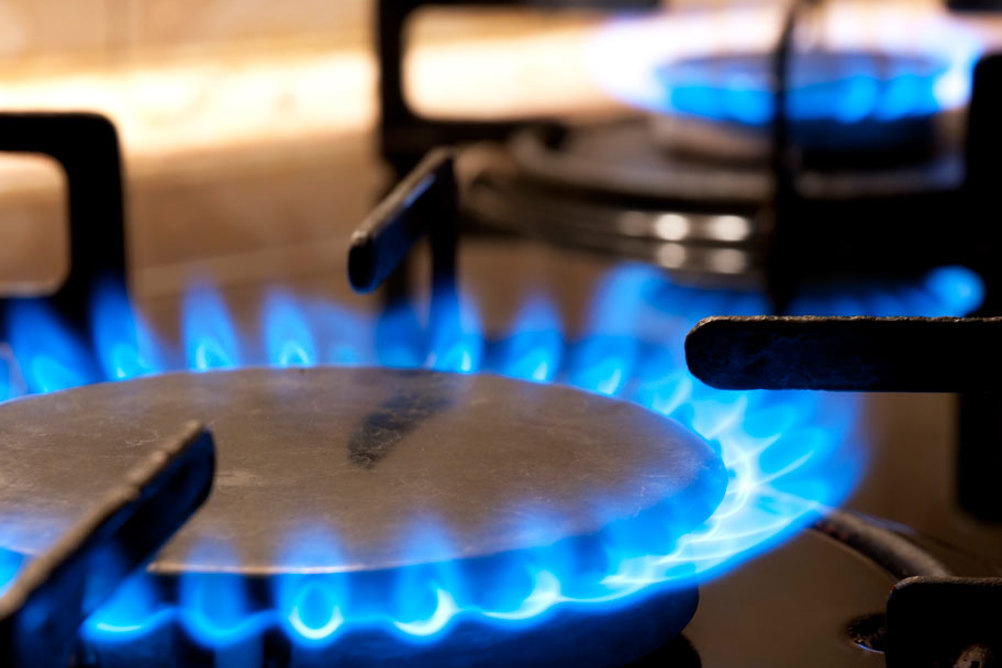
Speaking in the House of Commons today, the prime minister said she was introducing ‘a new energy price guarantee’.
She also confirmed that the £400 payment for all households to help with energy bills would go ahead and people will get help through universal credit.
In a statement to MPs, the PM said, 'Earlier this week I promised I would deal with the soaring energy prices faced by families and businesses across the UK. And today I am delivering on that promise.
'This government is moving immediately to introduce a new energy price guarantee that will give people certainty on energy bills, it will curb inflation and boost growth.
Register now to continue reading
Thank you for visiting Nursery World and making use of our archive of more than 35,000 expert features, subject guides, case studies and policy updates. Why not register today and enjoy the following great benefits:
What's included
-
Free access to 4 subscriber-only articles per month
-
Unlimited access to news and opinion
-
Email newsletter providing activity ideas, best practice and breaking news
Already have an account? Sign in here
